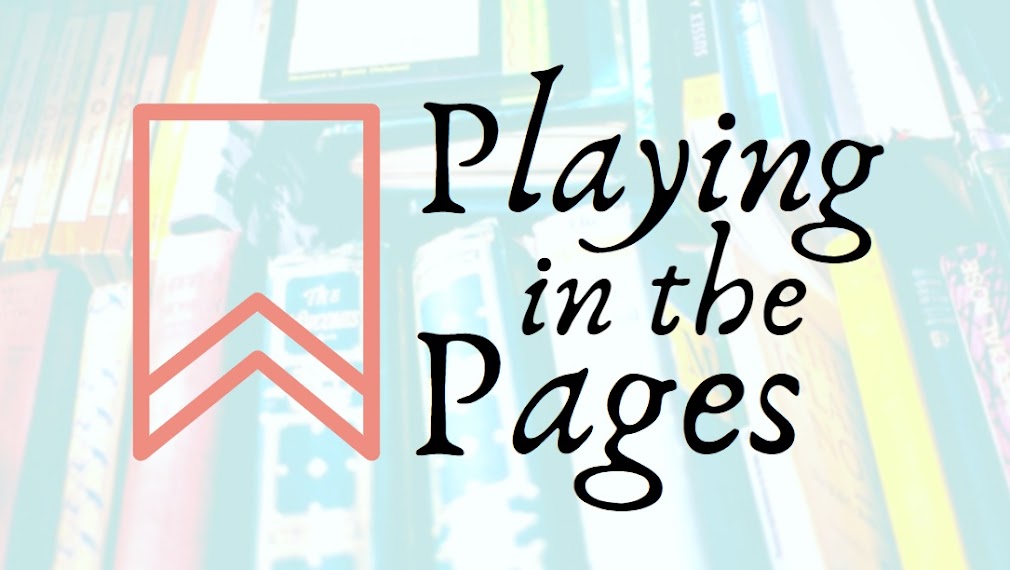"'Classic' - a book which people praise and don't read." -- Mark Twain, prolific author and humorist; "the Founder of American Literature," according to William Faulkner
I'm sure a lot of collegiate book bloggers would agree, there's a bit of a divide between the kinds of work we read for class, and the novels we read for pleasure. (Think less of a sidewalk crack, and more of the Grand Canyon.)
While it's true there are occasional classes offered here in Seattle at UW, which explore the broader cultural significance of Twilight and Harry Potter, or briefly delve into the Elvish languages of Tolkien, the facts of the matter are, there isn't a whole lot of YA, or science fiction and fantasy, populating the reading lists of most of my classes.
I don't need to tell you about the attitudes most of my professors express for current fiction, either. I once had a (otherwise awesome) prof. express an absolute incredulity about the popularity of the works of Jane Austen, because he didn't believe she was a strong enough author... imagine what he would have to say about Meg Cabot!
"Do not suppose, however, that I intend to urge a diet of classics on anybody. I have seen such diets at work. I have known people who have read all, or almost all, the guaranteed Hundred Best Books. God save us from reading nothing but the best." -- Robertson Davies, Canadian author, poet, novelist, playwright, and founding Master of Massey College (associated with the University of Toronto)
Reading classics is great... it's awesome that you've taken part in this wider dialogue, where scholars the world over have had the chance to pore over these texts, and you're always going to have a title in common with people. You're the one who will astound at dinner parties, with your detailed theories about works that have been under discussion for over one hundred years, and you'll always have a title up on the next person you meet... or at least almost always.
But you're missing out!
Reading YA and contemporary releases are awesome, too. You get more recent examples of developing narratives, and the works you read fit in better with the worldview of modern times. Your books are quick, entertaining for their length, and are widely accessible with a ton of people. You also get to surf the wave of hype, and get excited about new works from favorite authors, without the pesky classics problem of them usually being long-dead.
But you're missing out, too!
"I'm a big believer in pairing classics with contemporary literature, so students have the opportunity to see that literature is not a cold dead thing that happened once, but instead a vibrant mode of storytelling that's been with us for a long time - and will be with us, I hope, for a long time to come." -- John Green, author of popular YA standalone novels, such as The Fault in Our Stars
There is nothing to gain from reading the same kinds of books all the time. It's one thing to have a certain taste for reading, but it's quite another to firmly ensconce yourself in only one shelf in the library.
Variation breeds innovation... new ideas and ways of looking at things can come from reading new material. New perspectives bring new vocabularies bring reflections of cultures and lifestyles that wouldn't be covered in works you find in other sections of the Dewey Decimal System, but have found their place in the pantheon of all fiction safely between two typewritten lines!
Pick up a different set of reading glasses for a change, and that goes for both those who revel in the long-lauded tomes of the Classics, or shiny new paperbacks of recent releases and popular fiction. Chances are, you might find something you've been missing.
"I get letters from college kids who have read Percy Jackson when they were younger who tell me, 'I just passed my Classics exam.' The books are accurate enough that they can serve as a gateway to Homer and Virgil." -- Rick Riordan, author of middle-grade Percy Jackson series, involving Greek and Roman mythology
What do you think: have you had enough of the Classics? Or is the problem that you just can't get enough? Let me know, in the comments below!


No comments:
Post a Comment